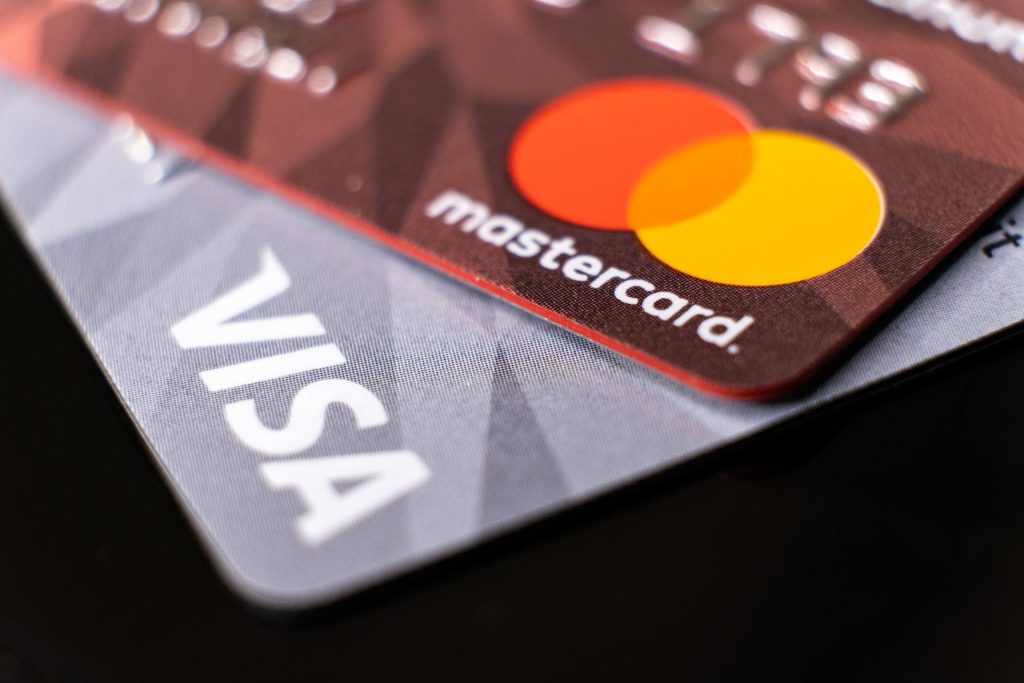
Introduction
The recent ruling in the Mastercard refund lawsuit has garnered significant attention, not only for its direct impact on the financial services industry but also for its implications for everyday consumers. Financial transactions have become increasingly complex, and understanding the legal landscape surrounding refunds is crucial for both businesses and consumers alike. The outcome of this case may influence how refund policies are implemented and enforced across various industries.
Key Details of the Lawsuit
The lawsuit, initiated in 2021, centered around allegations that Mastercard had improperly handled refunds for consumers who had experienced fraudulent transactions. Plaintiffs claimed that the company failed to issue timely refunds and did not adequately assist consumers in disputing unauthorized charges. In September 2023, the court reached a decision, ruling in favor of the plaintiffs and ordering Mastercard to implement comprehensive changes to its refund processing procedures.
Impact of the Ruling
This ruling mandates that Mastercard not only enhance its refund policies but also provide better training for its staff in addressing customer complaints. Moreover, the court’s verdict emphasizes the importance of consumer rights and suggests a need for stricter regulatory oversight within the credit card industry. Analysts suggest this ruling could set a precedent, influencing similar cases that arise in the future, and may force financial institutions to reevaluate their policies concerning refunds.
Reactions from the Industry
The financial industry has responded to the ruling with a mix of concern and anticipation. Consumer advocacy groups welcomed the decision, viewing it as a significant victory for consumers’ rights. Meanwhile, some industry insiders have expressed worries about potential ramifications, including increased operational costs associated with implementing new protocols and systems. Industry experts predict that other credit card companies may soon revise their policies to address similar risks of litigation.
Conclusion
The Mastercard refund lawsuit ruling is a critical development in the ongoing conversation about consumer protection in the financial sector. As the landscape of digital payments evolves, so does the necessity for robust consumer rights. This case underscores the potential for legal action to drive change in corporate practices, ultimately leading to greater accountability. Moving forward, consumers can expect a more transparent and responsive refund process from financial institutions, which may restore confidence in using credit cards for everyday transactions.



